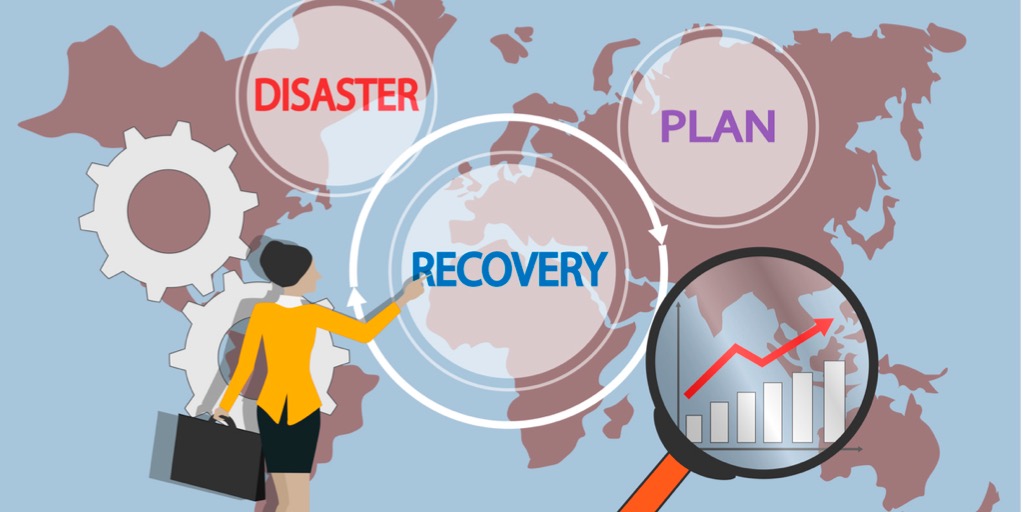IT solutions help small businesses streamline operations and improve productivity. They can also reduce the risk of data breaches and cyberattacks. However, implementing these technologies can be complex and expensive. Fortunately, specialized IT services companies offer affordable and flexible IT solutions. IT solutions for smbs include general accounting software, which simplifies financial management. They also provide analytics and insights. They can also help a business create and manage social media and online advertising campaigns. Cloud storage Cloud storage solutions allow for data backups and disaster recovery. They also provide fast scalability. In addition, they offer secure access to data. Some solutions include data encryption at rest and in transit, ensuring that your data is only accessible by you. Some solutions also include tools that improve connectivity when performance issues occur, such as sudden network congestion or slow internet connections. Moreover, a cloud-based solution can help businesses save money on infrastructure. It eliminates the need for expensive servers and enables IT teams to focus on other important tasks. It also saves time by reducing the need to perform software installations. Furthermore, it can enable employees to work from anywhere. Its features also ensure that files and folders are automatically backed up and synchronized. In addition, it provides 24-hour customer support. It also offers a wide range of file-versioning options and reasonable pricing plans. High-performance computing is a major use case for the cloud, enabling companies to run AI, machine learning, engineering simulations, and financial modeling applications in the cloud. Data backup Backup solutions for SMBs allow you to keep copies of your digitized business data in case your original data becomes damaged, lost or corrupted. This is a key part of a comprehensive Business Continuity and Disaster Recovery (BC/DR) strategy. Depending on your needs, you may want to choose a solution that offers multiple backup locations or cloud storage options to reduce the risk of hardware failure or natural or man-made disasters. Backup solutions vary in their capabilities, but all of them aim to minimize data loss and downtime after an incident. They also provide a range of pricing models, including monthly subscriptions and pay-as-you-go options. To determine which one is best for your business, you must first understand the requirements of your organization’s backup and recovery policies. A good backup solution should be able to replicate and store system data in a secure virtualized environment. Many solutions offer backup-as-a-service, or BaaS, which allows you to use the service provider’s cloud infrastructure instead of buying and managing your own equipment. This can be beneficial when you have to adhere to strict data governance frameworks like GDPR. Disaster recovery Disaster recovery is an essential part of business continuity and IT service management. Its main components include business-critical asset identification, risk evaluation, and documentation of the steps to resume operations in the event of a disaster. This integration reduces costs, improves adaptability and resilience, and enhances stakeholder confidence. Small businesses can benefit from a specialized disaster recovery solution, such as DRaaS (Disaster Recovery-as-a-Service) offered by Axcient. This MSP-focused tool offers time and labor-saving automation, along with unified backup, test, recovery, and failsafe management for zero-tolerance business data protection. An effective disaster recovery plan requires a detailed inventory of hardware and software assets. It should specify how the data will be backed up and where it will be stored. The plan should also include a recovery time objective (RTO) and a recovery point objective (RPO), which set limits for how much downtime the company can tolerate. It should also define what workloads are critical and which can be less urgent. Network security For small businesses, network security is essential for protecting data and ensuring compliance with industry regulations. In addition, it helps to enhance network performance and improve business operations. It also prevents data breaches and cyber-attacks that can damage the company’s reputation. Having the right IT solutions in place can help businesses improve operational efficiency and foster growth. However, implementing these solutions can be challenging for some businesses, especially those with limited budgets and resources. Therefore, it is crucial to consider the various benefits of these solutions before deploying them. Whether you are a non-profit handling sensitive donor information or an IT firm with client networks, cybersecurity is essential for your business. Luckily, there are a variety of affordable IT solutions for SMBs that can protect your business from cyber threats. These include antivirus software, firewalls, and virtual private networks. These tools can detect and block malicious attacks and protect your valuable assets. Moreover, they can also reduce the risk of downtime and ensure your system stays functional in case of an attack.
IT Solutions For SMBs

